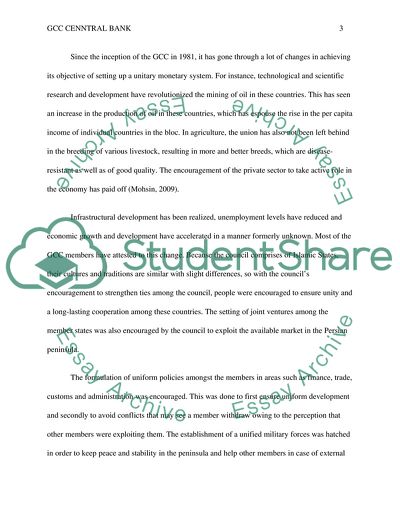Cite this document
(Central Bank for GCC Essay Example | Topics and Well Written Essays - 2500 words, n.d.)
Central Bank for GCC Essay Example | Topics and Well Written Essays - 2500 words. https://studentshare.org/business/1849699-central-bank-for-gcc
Central Bank for GCC Essay Example | Topics and Well Written Essays - 2500 words. https://studentshare.org/business/1849699-central-bank-for-gcc
(Central Bank for GCC Essay Example | Topics and Well Written Essays - 2500 Words)
Central Bank for GCC Essay Example | Topics and Well Written Essays - 2500 Words. https://studentshare.org/business/1849699-central-bank-for-gcc.
Central Bank for GCC Essay Example | Topics and Well Written Essays - 2500 Words. https://studentshare.org/business/1849699-central-bank-for-gcc.
“Central Bank for GCC Essay Example | Topics and Well Written Essays - 2500 Words”. https://studentshare.org/business/1849699-central-bank-for-gcc.


